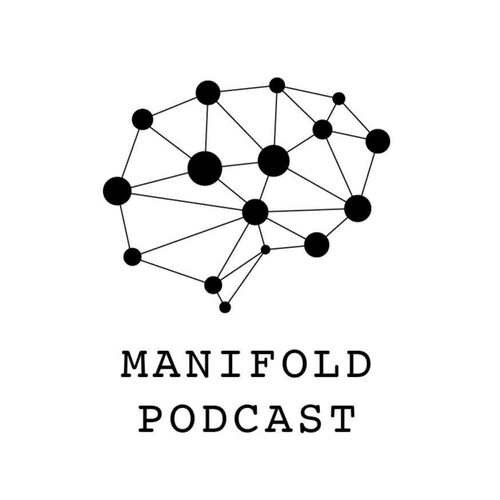
 Manifold
Manifold Adventures in Physics, Trump, and more, with the Information Theory podcast — #75
28 snips
Dec 19, 2024 Dive into the world of theoretical physics and computational genomics, uncovering unique educational journeys and cognitive differences in learning. Explore the intriguing debate around the Great Stagnation and the nuances of scientific progress. Delve into the complexities of research funding, highlighting the need for improved practices in reproducibility and the challenges within NIH funding. Finally, gain insights on the intersection of technology and politics, with personal reflections on Trump's impact from a scientific perspective.
AI Snips
Chapters
Books
Transcript
Episode notes
Early Caltech Graduation
- Steve Hsu graduated Caltech at 19, having studied advanced physics in high school.
- Despite academic acceleration, he had a typical American childhood, participating in sports and social activities.
Learning Styles
- Not all academically gifted children thrive with accelerated learning.
- Some benefit from structured learning environments and professor guidance.
Genomics Interest
- Steve Hsu's interest in genomics stemmed from a fascination with theoretical problems in natural systems and science fiction.
- He recognized the potential for technological advancements to make these theoretical questions approachable.





